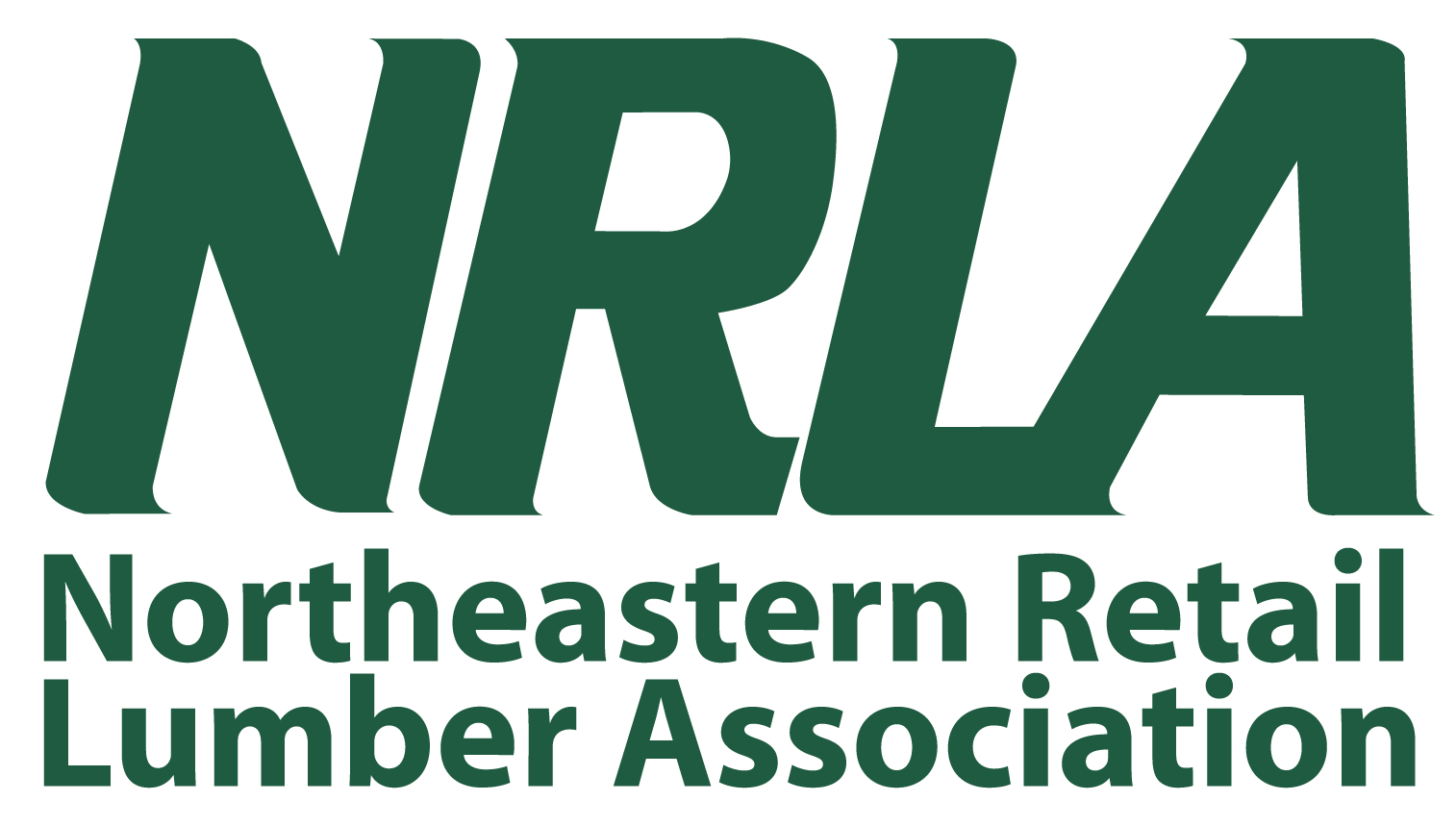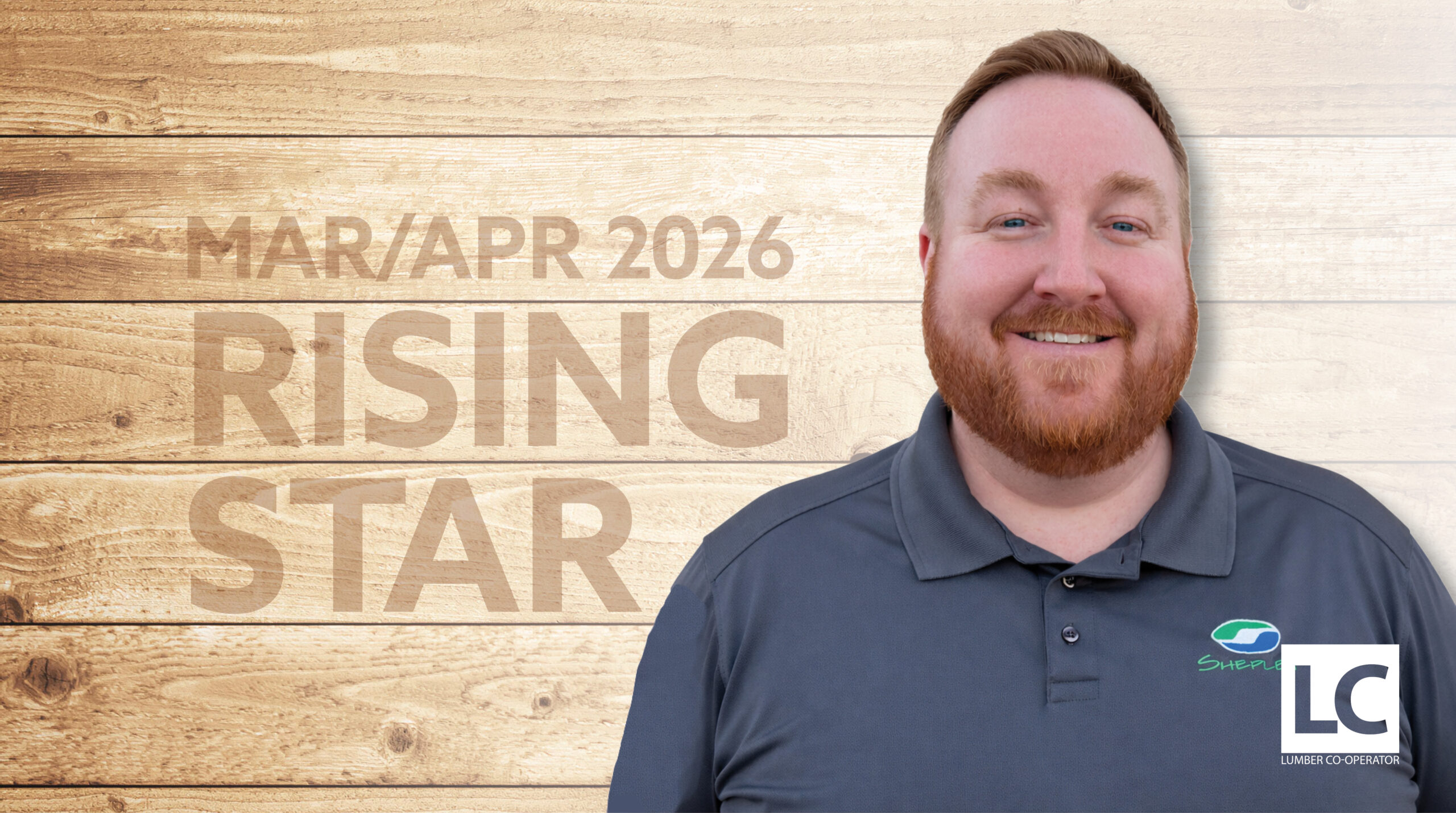“Hey, isn’t that Hank up on the roof?”
It was, and Carl had a good reason to be surprised. He didn’t expect to pull up to his jobsite and find one of our salespeople on the second floor, helping a laborer unload some long-length lumber from a boom. What really threw Carl was that the boom truck was from XYZ Lumber, not ours.
By the time our competitor’s truck finally left and Hank came down the ladder, Carl had his speech prepared. “You know, in all the months you’ve been calling on me, I’ve never bought anything from you,” he said. “What’s more, I don’t really plan to, as I’m happy with XYZ. That said, I do appreciate the help, though.”
“No problem!” replied Hank. “I do this sort of thing for all my customers when needed.” Carl just shook his head. But Hank had a theory: If excellent service is what you sell, you should treat your target customers the same as existing customers.
Hank didn’t believe in blanketing the territory with doughnuts and pencils just to see what might shake loose. He’d pick two-to-three quality prospects and kill them and their crews with kindness (including doughnuts and pencils, of course). He’d stop by their offices or jobsites two to three times a month. He figured the prospect would either get sick of him and tell him in colorful terms (this is New England, after all) to stop coming around, or the builder would throw him a bone to avoid looking like a complete jerk in front of his employees.
Hank turned in some of the weirdest call sheets I’ve ever seen, but it often worked—even with Carl, who held out for almost a year before we started getting about half his business. Within 18 months, we had 80%+ of Carl’s business.
I suppose there is a line somewhere between legendary service and stalking. Although I’m not sure Carl really understood where that line was. On the other hand, if you want customers who truly value service, expect them to make you prove it before they give you money.
Besides, once your salespeople start trying to outdo each other on service, it makes for some very interesting bar talk. Take Peter, for example. One day he was driving between appointments, and he came upon a house that was all but done. It was not exactly a likely prospect, but he believed that if he could have an effective conversation with the builder or project manager, he could build on that and eventually win them over as a customer, hopefully. He also figured if he was successful, he wouldn’t have to listen to Hank’s “How I sold Carl” story for the umpteenth time.
He pulled over, went inside, and found Lenny, the project manager, upstairs alone. He got as far as “Hi, I’m…” Lenny stopped him cold. “Look,” he said. “I’ve got a closing tomorrow and a punch list to finish, and my helper called out sick today. Try me some other time, okay?”
Downstairs, Pete saw the pile of doorknobs in the middle of the floor. He grabbed a screw gun from his truck and went to work. A little while later, Lenny heard some noise and came downstairs.
“Just what do you think you’re doing?” he asked.
For an instant, Pete wondered how many wrong knobs he installed on the wrong doors. Then he remembered: It’s not like I’m going to lose any business here.
“I knew you were behind the eight ball, so I thought I’d give you a hand,” he explained. “I also want you to know that while I don’t do this sort of thing every day, I certainly will help my customers in any way I can. This is the type of exceptional service I provide.”
Lenny just stared. “Thanks,” he said finally, and he went back upstairs. Pete spent about two hours on the site; by the end of the day, Lenny became a customer. Within about six months he became a loyal customer.
After that, every time Hank mentioned Carl, Pete reminded him about Lenny. Pete was a class act; he never bragged that it took him only several hours to accomplish what had taken Hank a year.
But he was exceptionally proud of the fact that he’d obtained a customer handling 2-pound locksets rather than approximately 50-pound 2x10x24’s.
Mike McDole has 40+ years of actual LBM experience, including being SVP of a large regional pro-dealer, and is the principal of Firing Line LBM Advisors. He’s also partners with Greg Brooks of the Executive Council on Construction Supply and his LMS. Mike can be reached at 774.372.1367 or Mike@FiringLineLBM.com.







